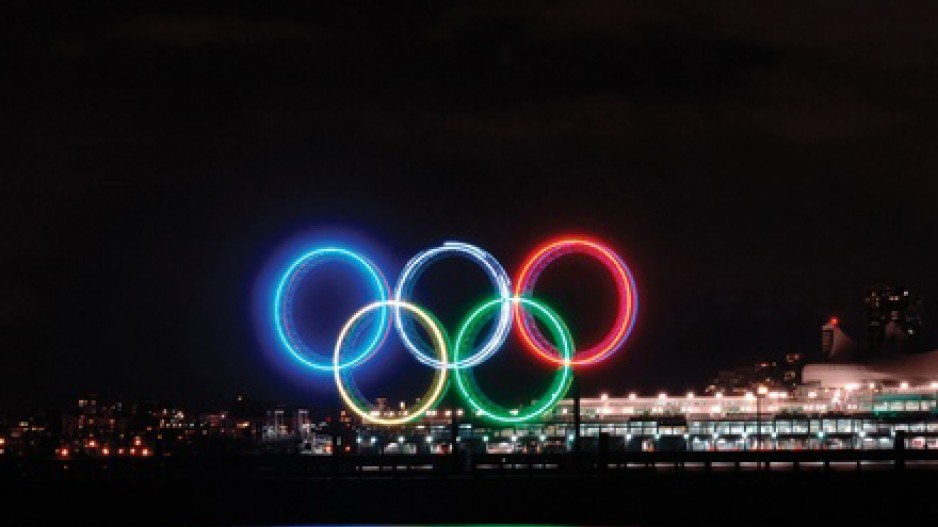The International Olympic Committee has delayed its 2023 annual meeting, which also means a delay in choosing the host city for the 2030 Winter Olympics.
Vancouver is exploring a bid against 2002 host Salt Lake City and 1972 host Sapporo, Japan.
The IOC had been scheduled to meet in Mumbai at the end of May 2023, but the IOC Executive Board decided Thursday at headquarters in Lausanne, Switzerland to delay the next session to September 2023 due to a governance upheaval at India’s national Olympic committee.
“Whether it takes place in Mumbai or whether it takes place elsewhere, the decision for 2030 will be taken at that session,” IOC spokesman Mark Adams told reporters.
Adams denied it was a “major disruption,” but was unable to say whether the extra three months would affect the schedule for bidding and closed-door negotiations under the IOC’s new system for awarding the Games. Interested cities were expected to begin so-called “targeted dialogue” with the IOC in late fall and submit bid books by next February.
“I can't give you a definitive answer,” Adams said. “What I can tell you is obviously the process is quite flexible. The idea of targeted dialogue is one that allows us to start a targeted dialogue when the time is right. What I would say, at the moment, is that the main thing you need to know is that decision will still be made at the session.”
Neil Monckton, chief of staff for Kennedy Stewart, said the mayor had no comment. The Canadian Olympic Committee is acting as the bid committee in collaboration with the Musqueam, Squamish, Tsleil-Waututh and Lil’wat first nations. COC president Tricia Smith has not immediately responded.
On July 20, Vancouver city council rejected a proposal from Coun. Colleen Hardwick, the TEAM for a Livable Vancouver mayoral candidate, to include a bid plebiscite on the Oct. 15 civic election ballot. A majority opted to carry on exploring the bid and directed staff to keep negotiating multiparty agreements. Deputy City Manager Karen Levitt had warned city council that there was not enough time and too many questions about costs and risks for an already burdened bureaucracy at 12th and Cambie.
On Aug. 9, Stewart wrote to B.C. Tourism, Art, Culture and Sport Minister Melanie Mark and Federal Sport Minister Pascal St-Onge to ask whether the senior governments would fund another Games for 2010 host Vancouver. The following week, Mark’s office received the mini-business plan she had sought from Smith in June, so that the NDP government could decide later this fall whether to fund another Olympics in 2030 and cover any deficits. Mark wanted to know whether all the parties would share in the costs and risks of hosting the Games.
“Consideration of hosting major international sporting events requires significant time and resources by all parties,” said Mark’s June 24 letter. “The experience in preparing for the 2010 Games, the magnitude of an Olympic and Paralympic Games is very large and complex, and requires careful consideration by all levels of government and host First Nations. As you will appreciate, our environment has changed since 2010, particularly in relation to the risks and challenges created by pandemics, evolving domestic and international security threats, and the effect of global climate change.”
The COC estimated Vancouver 2030 would cost $4 billion, including at least $1 billion from taxpayers. It proposes reusing most of the Vancouver 2010 venues in Vancouver, Richmond and Whistler, with the exception of the Agrodome for curling, Hastings Racecourse for big air skiing and snowboard jumping and Sun Peaks resort near Kamloops for snowboarding and freestyle skiing.
The 2010 Games are believed to have cost $8 billion, all-in. The true costs are unknown, because the Auditor General never did a post-Games study, the organizing committee was not subject to the freedom of information law and its board minutes and financial files won’t be open to the public at the City Archives until fall 2025.




